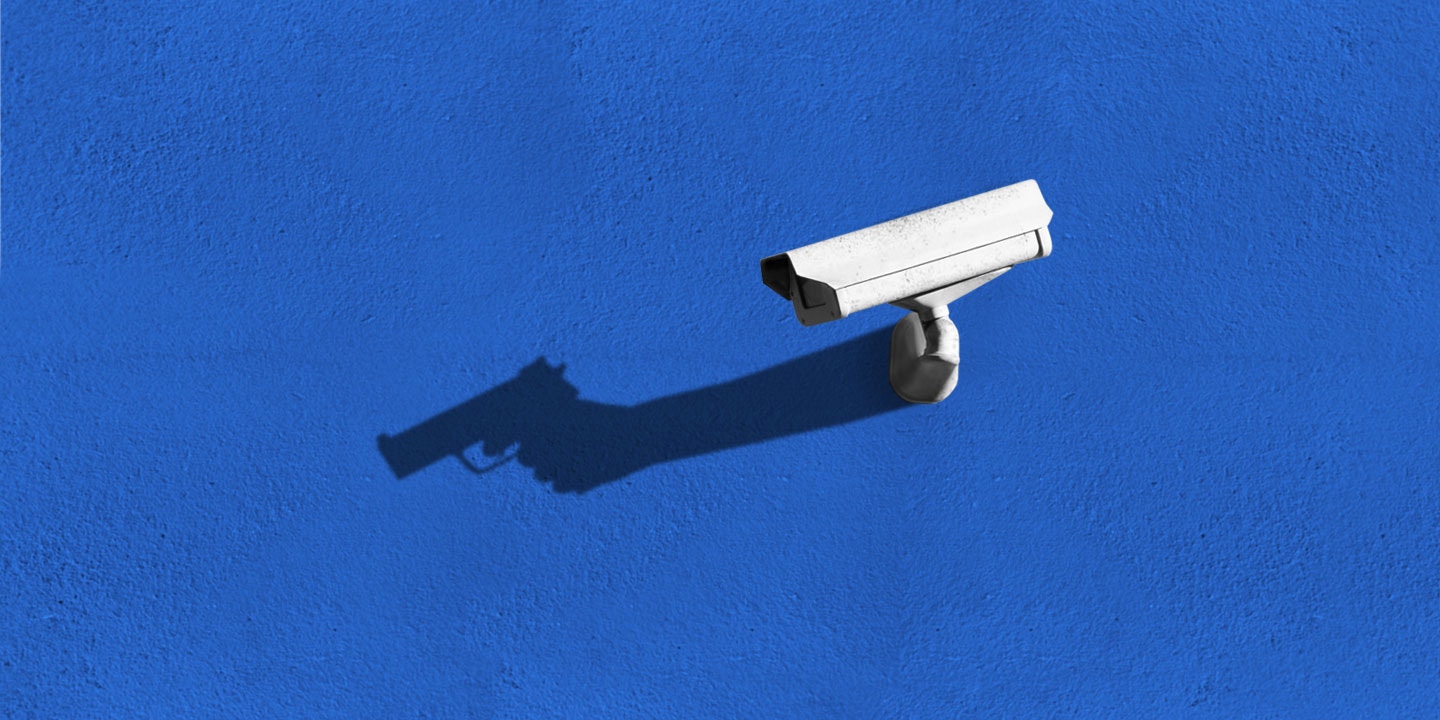JAYPEE LAROSA WAS standing in front of an internet cafe in Davao City, a metropolitan hub on the Philippine island of Mindanao, when three men in dark jackets pulled up on a motorcycle and opened fire. That summer evening, Larosa, 20, was killed. After the shooting, according to witnesses, one of the men reportedly removed Larosa’s baseball cap and said, “Son of a bitch. This is not the one.” Then they drove off.
Larosa’s murder, on July 17, 2008, was one of hundreds of extrajudicial killings carried out in Davao City, now a city of 1.6 million, while Rodrigo Duterte, now president of the Philippines, was mayor there. Years before launching his notorious, bloody “drug war” across the country, Duterte presided over similar tactics at the local level. During his tenure as mayor, according to a 2009 investigation by Human Rights Watch, death squads assassinated street children, drug dealers, and petty criminals; in some cases, researchers found evidence of the complicity or direct involvement of government officials and police.
Duterte has consistently denied any connection to this campaign of killings, but at times, his support for the violence was barely concealed. As mayor, Duterte would publicly announce the names or locations of “criminals,” and some of them would later be killed, according to human rights groups and local newspapers. Although it stopped short of accusing Duterte himself of misconduct or direct involvement, the Philippines’ Office of the Ombudsman partially acknowledged in 2012 the police’s role in tolerating the killings, finding that 21 Davao City police officials and officers were “remiss in their duty” for failing to solve them.
But this potential complicity in human rights violations did not stop IBM from agreeing to provide surveillance technology to law enforcement in Davao City. On June 27, 2012, three years after the devastating Human Rights Watch report, IBM issued a short news release announcing an agreement with Davao to upgrade its police command center in order to “further enhance public safety operations in the city.” IBM’s installation, known as the Intelligent Operations Center, promised to enhance authorities’ ability to monitor residents in real time with cutting-edge video analytics, multichannel communications technology, and GPS-enabled patrol vehicles. (more...)
Edwin Black's IBM and the Holocaust cited in Philippines. "IBM is notorious for supplying the Nazis with the tools needed to track the mass-slaughter of Jews, homosexuals, Catholics, communists and dissidents in the concentration camps."https://t.co/sPAWrhqPex— Edwin Black (@EdwinBlackBook) March 29, 2019

No comments:
Post a Comment